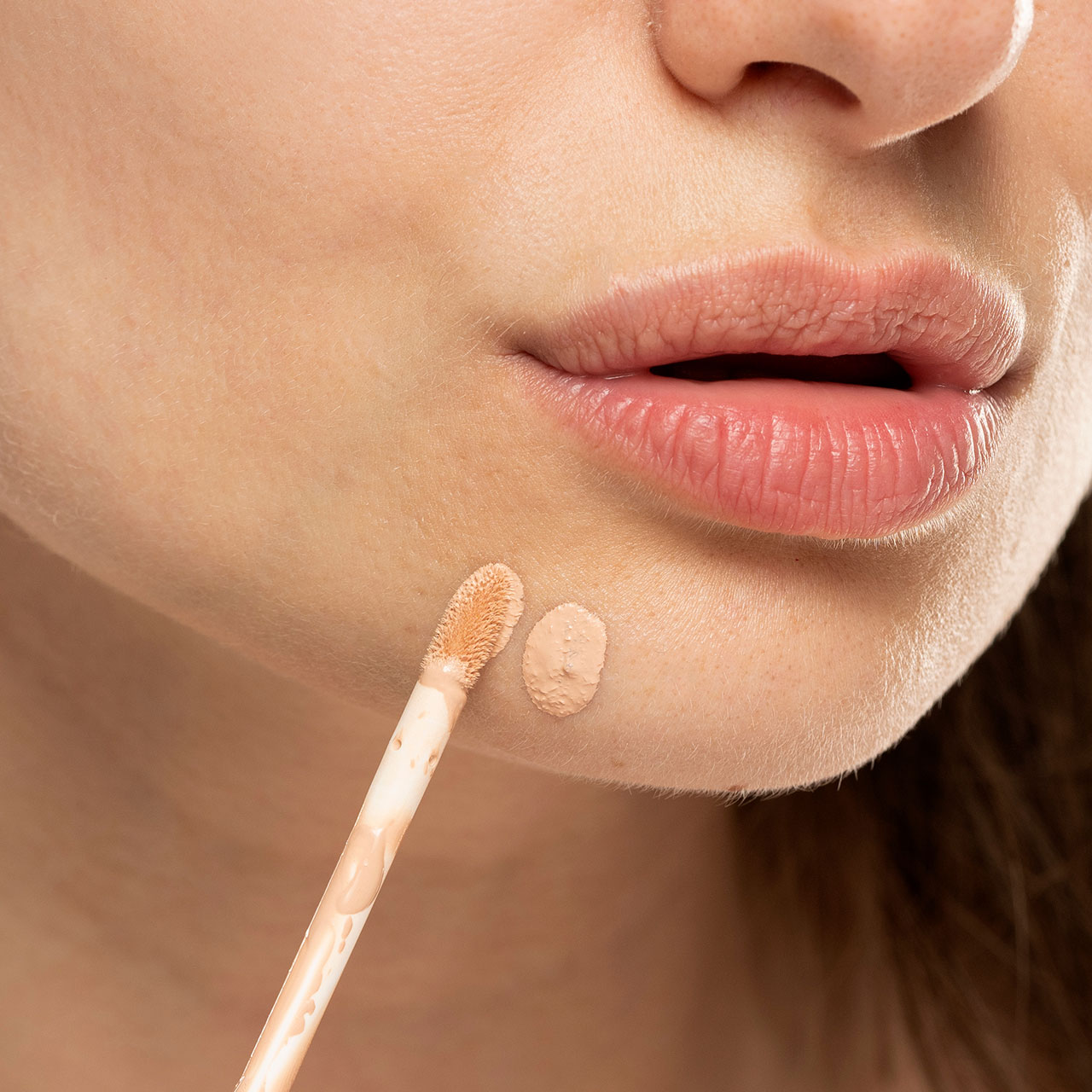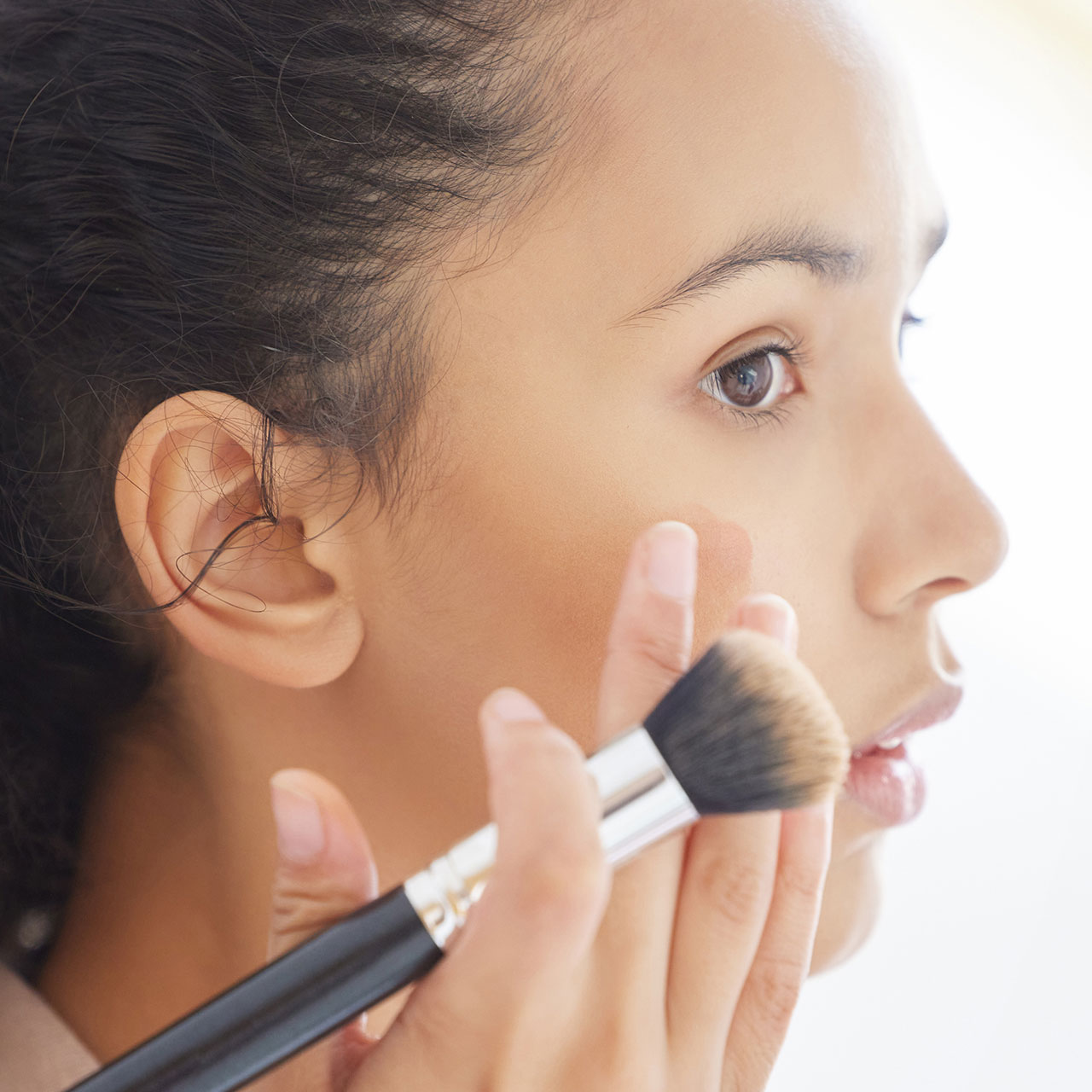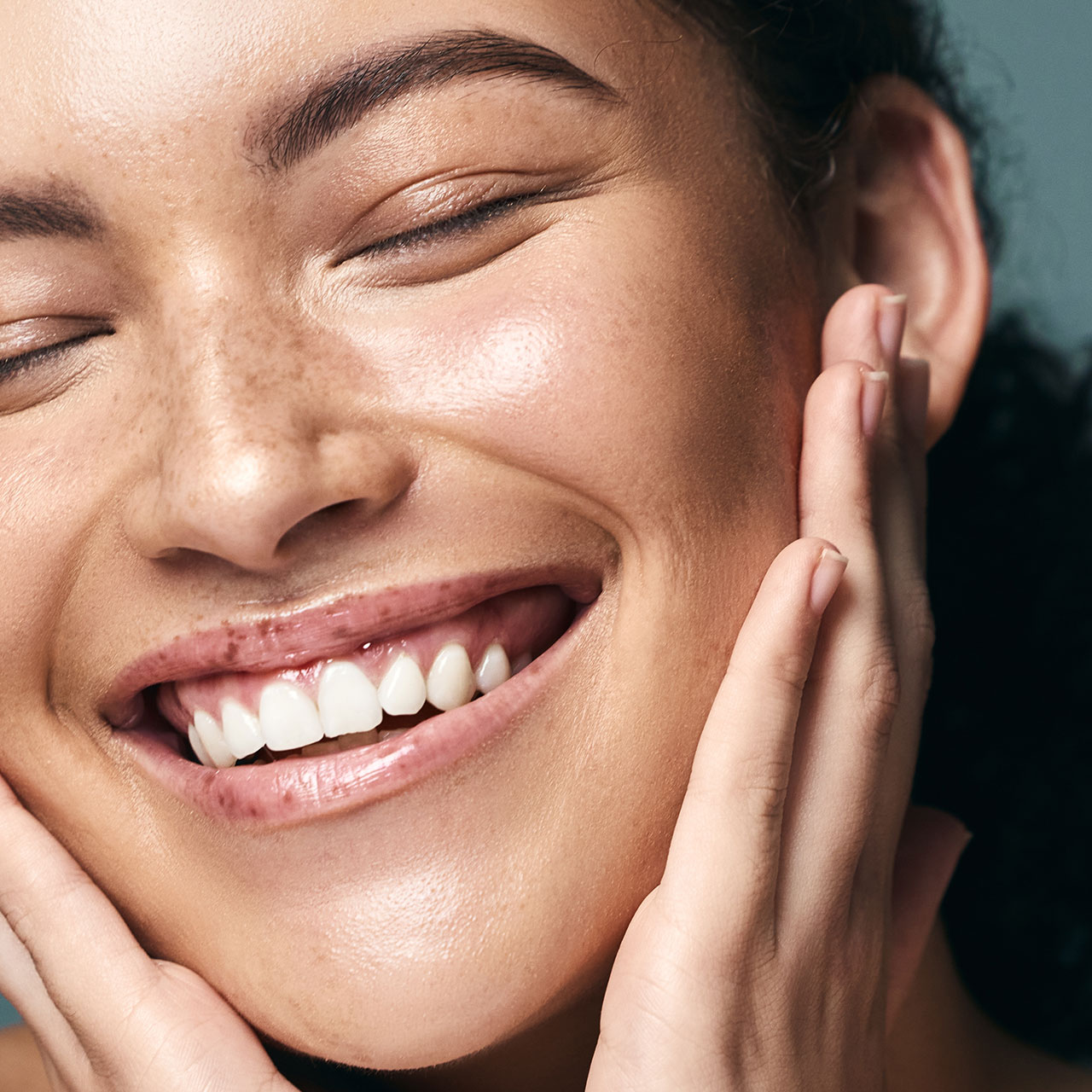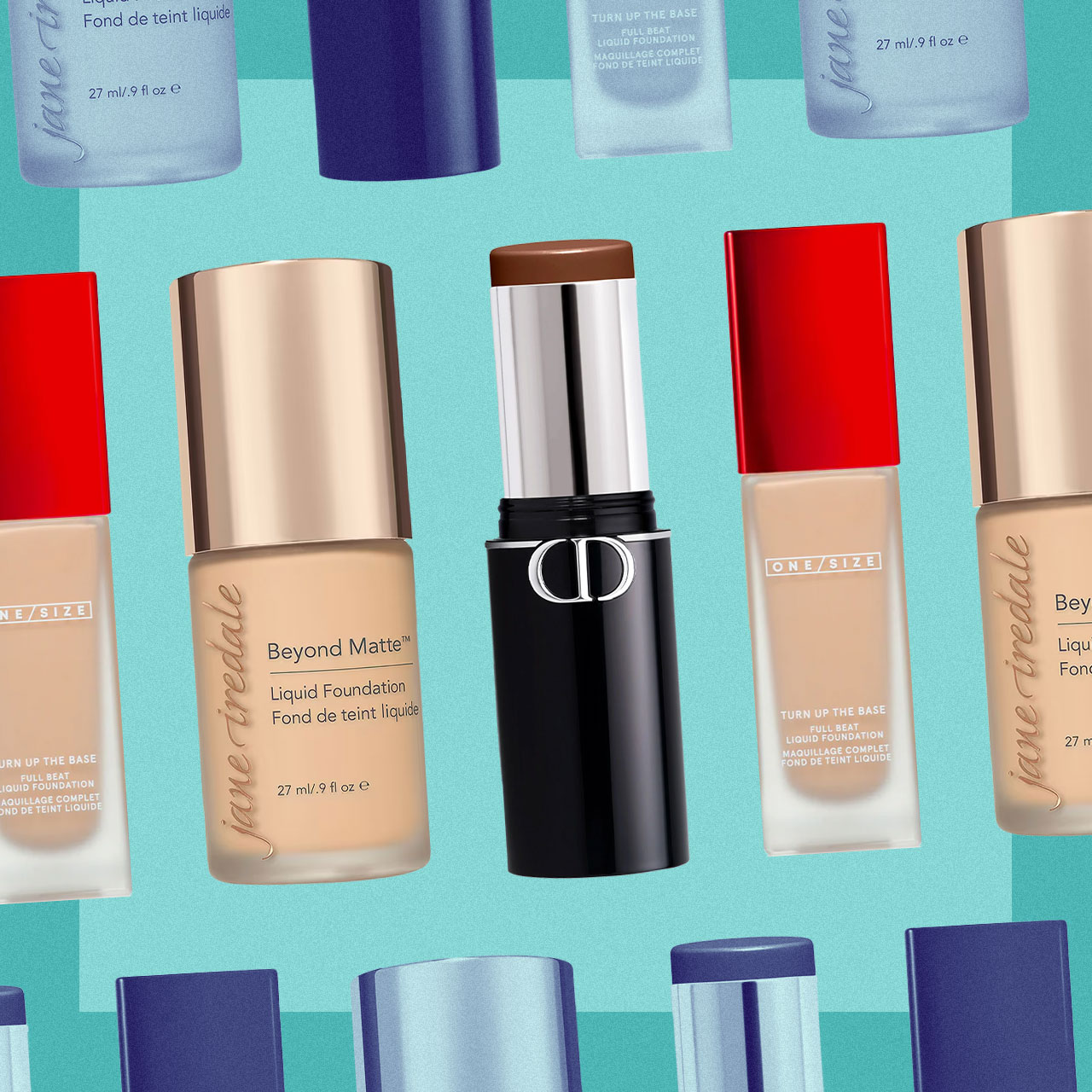This is an archived article and the information in the story may be outdated. Please check the time stamp on the story to see when it was updated last.
Retinol is one of the most powerful anti-aging serums you could include in your skincare routine to keep fine lines and wrinkles at bay. Promoting collagen production in the skin which helps to improve elasticity and maintain that glowing, youthful appearance, retinol is a powerhouse in skincare that can even be used preventatively to stave off wrinkles before they’ve begun to appear.
However, using retinol at the proper time of day is essential for it to work well, and using this serum during the daytime could actually cause damage to your skin in both the short and long term. If you’re looking to integrate retinol into your skincare routine, it’s essential to use this serum in the evenings only, according to dermatologists. Here’s why.


Possibly the most studied anti-aging solution and certainly the most popular, retinol is a mainstay in nearly every wrinkle fighting product across the board. Effective at signaling your body to produce more collagen, retinol can truly preserve your complexion with repeated use. However, it can also increase sensitivity to the sun and UV rays, putting your skin at risk for damage if used during the day.
“Whether you apply a retinoid in the day or the night, it can make the skin sensitive to sunburn,” warns board-certified dermatologist Dr. Joshua Zeichner. “Retinol enhances cell turnover and thins out the outer skin layer, which explains why you become sun sensitive. This effect occurs independent of the time of the day that you are applying retinol.”
Although your skin naturally becomes more sensitive to UV light regardless of the time you apply it, using retinol in the evening will allow for the product to work more effectively on your skin. However, it’s still important to continue to use SPF regularly after you’ve begun integrating retinol regularly into your routine to protect from impending sun damage. “While effective at stimulating collagen, most forms of retinol are not stable in UV light,” notes Zeichner.

“Within minutes of exposure to UVA light from the sun, the retinoid can become inactivated. This means that it will not be effective,” Zeichner added. Retinol is often not a cheap skincare solution, so it will be worthwhile to make sure you’re using it at the proper time of day in order to allow your skin to absorb the maximum benefit it can provide. After becoming deactivated by the UV rays, the use of retinol is essentially null and void, so keeping it to your evening routine will offer better results.
It’s important to note that when you first begin using retinol you may experience some redness and irritation as your skin adjusts to the intensity of the formulation. This is completely normal and does not denote any serious skin damage. In order to combat this and allow your skin to adjust accordingly, start using your retinol serum in the evening and follow up with a thick moisturizer to fight off any peeling that may occur.
Using SPF in the morning will also help to protect your skin from UV rays which is essential for maintaining the longevity of your complexion as well. If you’re looking for a more gentle alternative to retinol, bakuchiol serum has also begun to rise in popularity over the last several years for touting the same benefits as retinol without the potential irritation it may bring. Regardless, your anti-aging skincare routine is not complete without one of these powerhouse serums, and retinol makes the perfect addition to your bedtime ritual for flawless skin without fear of wrinkles.


























